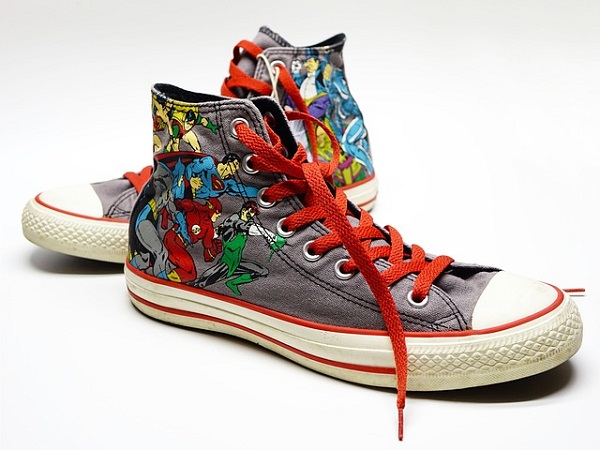
Sustainability is the new mantra in the world of fashion and mostly associated with apparel. However, this movement also applies to footwear as consciousness seeps into consumers and manufacturers, and legislations in parts of the world. As per Future Market Insights study, footwear’s contribution is 20 per cent to the negative environmental impact created by the fashion industry. The footwear sector worldwide generates 700 million metric tons of CO2 as a byproduct of its raw material sourcing and production. The statistics states on an average, it takes anywhere between 30 to 40 years for a pair of shoes to fully decompose in landfills and 300 million units are being discarded every year.
For this sector, just like its apparel counterpart, socially conscious consumers are driving the change towards sustainable sourcing of raw material, manufacture and reduction of wastage. An NPD data revealed that 36 per cent individuals with Gen Z and millennials have shopped in the recent past to support a brand’s social position on sustainability and environmental consciousness. This has triggered brands to take a more future-first approach through an ecologically sustainable and socially responsible business. The good news is the footwear sector has taken note and is trying to change to more accountable shoe manufacturing. Since 2019, usage of recycled material in footwear increased by 70 per cent year-on-year as conscious startups led the way.
Footwear makers face sustainability challenges
As footwear jumped on to the socially responsible bandwagon later than apparel, it is facing certain challenges to overcome and carry forward a sustainable manufacturing process. Fully-sustainable footwear requires deep investment in terms of technology and talent, two things that are not easily available for the sector at the moment. The complexity of manufacturing footwear, the size of the markets, and unpreparedness in terms of recycling and waste management are the major roadblocks and the fact that sustainable raw material is expensive isn’t helping either.
As consumers step out of the Covid-19 break and return to purchasing footwear, particularly in sports shoes and casual footwear, manufacturers will soon come out of their self-imposed curb on investing for sustainable footwear which they had decided during the uncertain Covid times. Since 2019,
Asia Pacific leads in sustainable footwear
Fashion for Good is a global initiative to inspire change and drive the collective movement to make fashion a force for good. It has been working hard to transform manufacturing processes at a structural level throughout the apparel and footwear supply chain through funding initiatives towards sustainable solutions in hubs like India, Vietnam and Bangladesh. Consequently, it is APAC brands that are leading this conscious change towards sustainable footwear.
The European Commission is also trying to promote sustainable footwear and apparel by doing its bit. In 2020, the European Social Innovation Competition aimed to enhance eco-friendly and socially responsible products for its markets. The competition is seeking creative solutions that promote sustainable production, usage and adoption of fashion, as well as the shelf life of fashion products. The EU has the largest number of conscious consumers for eco-friendly and socially responsible fashion products and is driving not only awareness but also manufacturers to continually innovate as shareholders take note of this growing demand.
Committed footwear brands
Brands that have started rolling out sustainable footwear include the Adidas Group, Native Shoes, Tropicalfeel, Nike, Rothy’s, Veja, Reformation, Nisolo, New Balance, Matisse Footwear, Amour Vert, and Threads 4. Adidas has pledged to only use eco-friendly materials by 2024 and is testing footwear made from 100 per cent recyclable material. Reebok is soon to introduce plant-based instead of petroleum-based materials. The brand Reformation uses water-based instead of chemical-based adhesives and bio-materials for the heels rather than plastic.












